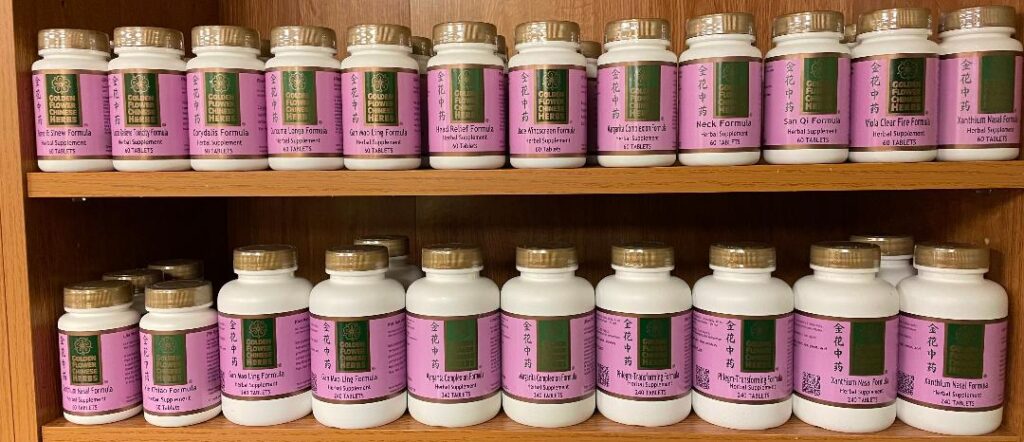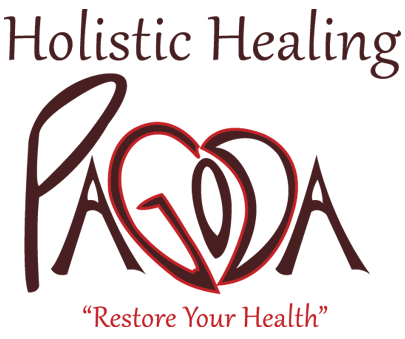Herbal Medicine


The history of primitive man confirms that man ate wild plants, berries, fruits, flowers, leaves, bark, roots and seeds from the beginning of time. Many of the medicinal herbs were discovered by man’s observations and reactions after ingesting them. Ancient sages gathered their knowledge, and wrote a book called the Shen Nong Ben Cao Jing (The Classic of Materia Medica).
Now more than ever, people are looking for alternatives to conventional Western medicine. As they are desperate to find a solution, many are turning to Traditional Chinese Medicine as the oldest and most effective alternative. Ni Maoshing, in his book Chinese Herbology Made Easy, reminds us, “For the one billion people on the other side of this planet, Chinese Medicine is the medicine, and not the alternative.”
Contrary to conventional Western medicine that extracts, isolates and synthesizes active chemicals that most often induce serious side effects, Chinese herbal medicine keeps herbs in their whole state and then combines them together to allow them to be most effective and with minimal to no side effects.
“The sages of ancient times emphasized not the treatment of diseases, rather the prevention of its occurrence. To administer medicine to disease which has already developed and to suppress its revolts which have already begun is comparable to the behavior of one who begins to dig a well after he has become thirsty or one who begins to forge weapons after he engaged in battle. Would these actions not be too late?”
~ Su Wen, Yellow Emperor’s Classics
